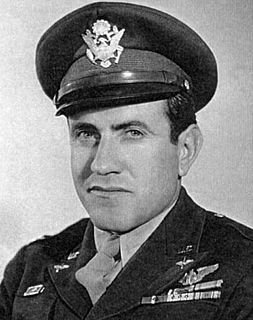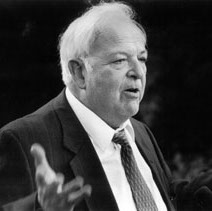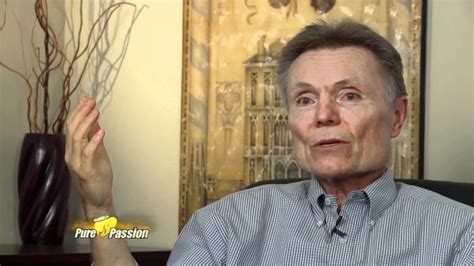A Quote by Tara Brach
If I can forgive the attachment in myself and open to the vulnerability that's underneath it, then rather than fixating on another person to satisfy my need, I'm actually going right to where the needs come from and able to bring a real healing.
Related Quotes
If you get attached, then it becomes an obsession. If the person is not there, you are unhappy. If you miss the person, you are in misery. And attachment is such a disease that if the person is not there you are in misery, and if the person is there you are indifferent. Then it is okay; it is taken for granted. If the person is there it is okay - no more than that. If the person is not there, then you are in misery. This is attachment.
Revenge tries to solve the problem of vulnerability. If I strike back, I transfer vulnerability from myself to the other. And yet by striking back I produce a world in which my vulnerability to injury is increased by the likelihood of another strike. So it seems as if I'm getting rid of my vulnerability and instead locating it with the other, but actually I'm heightening the vulnerability of everyone and I'm heightening the possibility of violence that happens between us.
I prefer to take actors and put them in real settings and real locations and real situations rather than create artificial locations that serve the characters. It's just much easier when you are walking down the street with your actors to do that in a real street that's still open with people on it, rather than to close it off and bring in extras.
Forgiveness means that I continually am willing to forgive the other person for not being God — for not fulfilling all my needs. I, too, must ask forgiveness for not being able to fulfill other people's needs. … The interesting thing is that when you can forgive people for not being God, then you can celebrate that they are a reflection of God.
If I feel that I'm not able to do my best work - whether that's my own fault or as a result of an editorial situation - then I need to stop doing it. I would rather not do something than do it badly or ineffectively. It's the only way I can live with myself and do right by the fans in the long haul.
The Risen Christ proclaimed not that we 'have to forgive,' but rather, that at last we CAN forgive-and thereby free ourselves from consuming bitterness and the offender from our binding condemnation. This process requires genuine human anger and grief, plus-and here is the awful cost of such freedom-a humble willingness to see the offender as God sees that person, in all his or her terrible brokenness and need for God's saving power. I would never tell another, 'You have to forgive.'
I've actually found - especially doing my cabaret show - I'm connecting with people in a way I haven't connected with them. I've found that when you're open and honest, people respond to that, whatever you're being open and honest about. You could then, when you lay that as the groundwork, say, "Here I am. This is what I think. I come in peace." Then you're able to push out, to be able to talk about more things. And that's been a really heartening thing about my life, actually.
My view on well-being and fulfillment comes from Maslow and positive psychology, and that is that you're satisfying three sets of needs. First need is physiological and safety needs: Got to satisfy those first. And the second is you got to satisfy your community needs because we're social animals, and if we don't have that, we're empty and we don't have people to share knowledge and bounce things off of, and challenge ourselves. And then the third is the idea is to find a calling.
But I'd rather help than watch. I'd rather have a heart than a mind. I'd rather expose too much than too little. I'd rather say hello to strangers than be afraid of them. I would rather know all this about myself than have more money than I need. I'd rather have something to love than a way to impress you.
Part of being a great restaurant chef is having an ability to bring all those people together, rather like a captain on a rugby field or a coach. It's also being a great teacher, because I'm only one person in a kitchen of 10 and I need to be able to bring all those people together and to teach them. I need to be able to communicate my thoughts and my process to them.





































